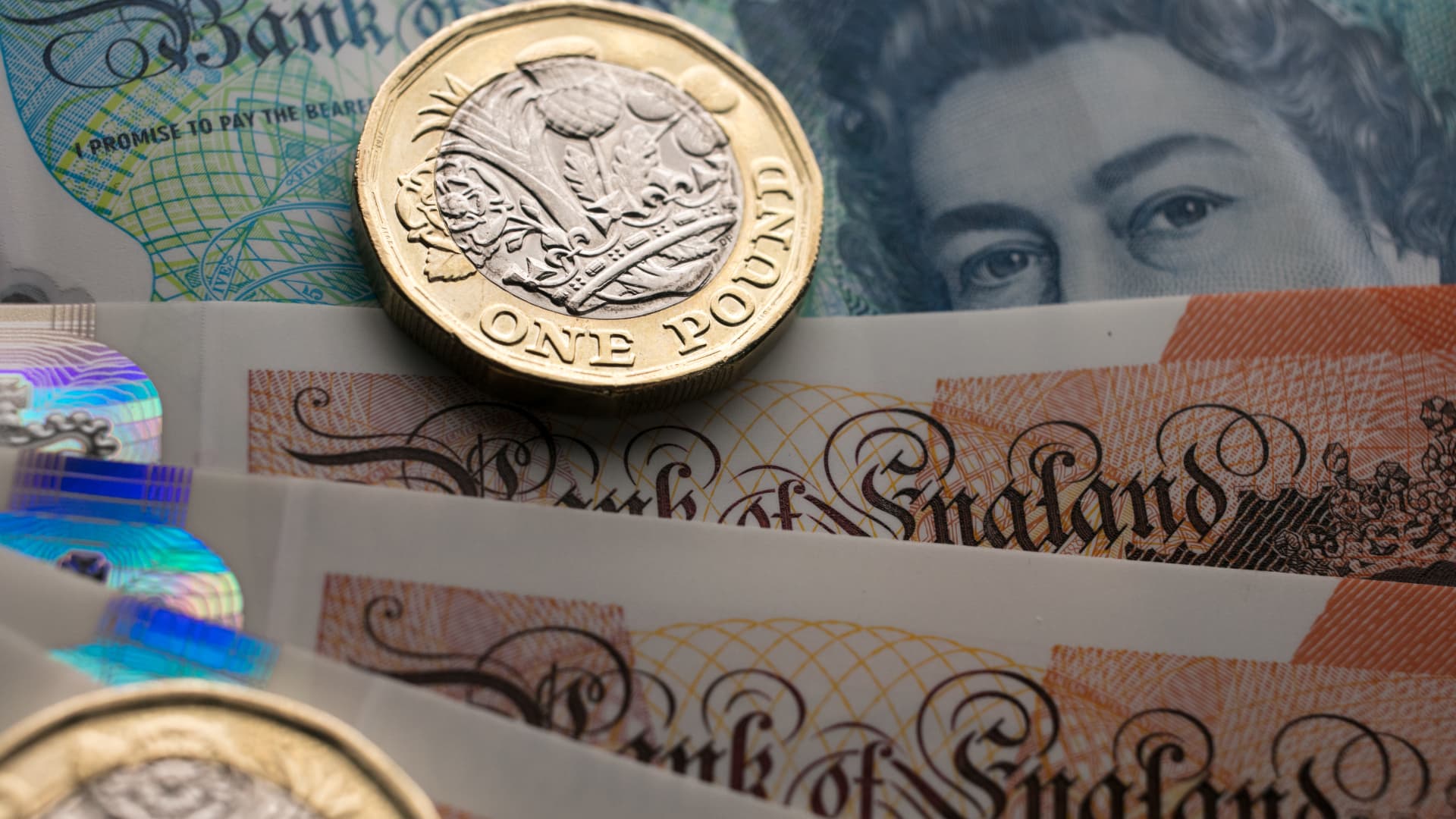Hits: 13

Sterling hit a record low.
Matt Cardy | Getty Images
Loading chart…
Critics say those economic measures will disproportionately benefit the wealthy and could see the U.K. take on high levels of debt at a time of rising interest rates.
“[It] doesn’t seem like the U.K. government is throwing the market a bone here in terms of having a much more tempered fiscal trajectory, and so I think at this point right now, the path of least resistance is going to remain lower,” Mazen Issa, senior forex strategist at TD Securities, told CNBC before the pound hit a new low.
“Below $1.05, you really look at parity,” he told CNBC’s “Squawk Box Asia.”
“We’ve seen the euro dip below parity — I don’t see a reason why sterling can’t either,” he added.
It’s a “major challenge” for the Bank of England to fight inflation while the government tries to stimulate the economy, said Nicholas Ferres, chief investment officer at Vantage Point Asset Management.
“The Bank of England may even do an emergency policy meeting this week and hike rates, that wouldn’t surprise me if that happened,” he said.
The lack of commitment to fiscal discipline in the U.K., along with the strong dollar, led to the pound weakening sharply, said Saktiandi Supaat, FX strategist at Maybank.
“I think that [the] collapse in the sterling actually led to further risk aversion, generally risk-off sort of sentiment, intensifying further down,” he said.
In the Asia-Pacific region, Japan, South Korea and China’s currencies weakened against the greenback, while the Australian dollar was about flat.
The Japanese yen traded at 144-levels against the dollar, weaker compared with after authorities intervened in the currency market last week.
South Korea’s won was near 2009 levels at 1,428.52 per dollar.
The U.S. dollar index has been rising strongly this year as the Fed raises interest rates aggressively. In particular, interest rate differentials between the U.S. and Japan have widened significantly as the Bank of Japan sticks to its ultra-low rates.
Be the first to comment